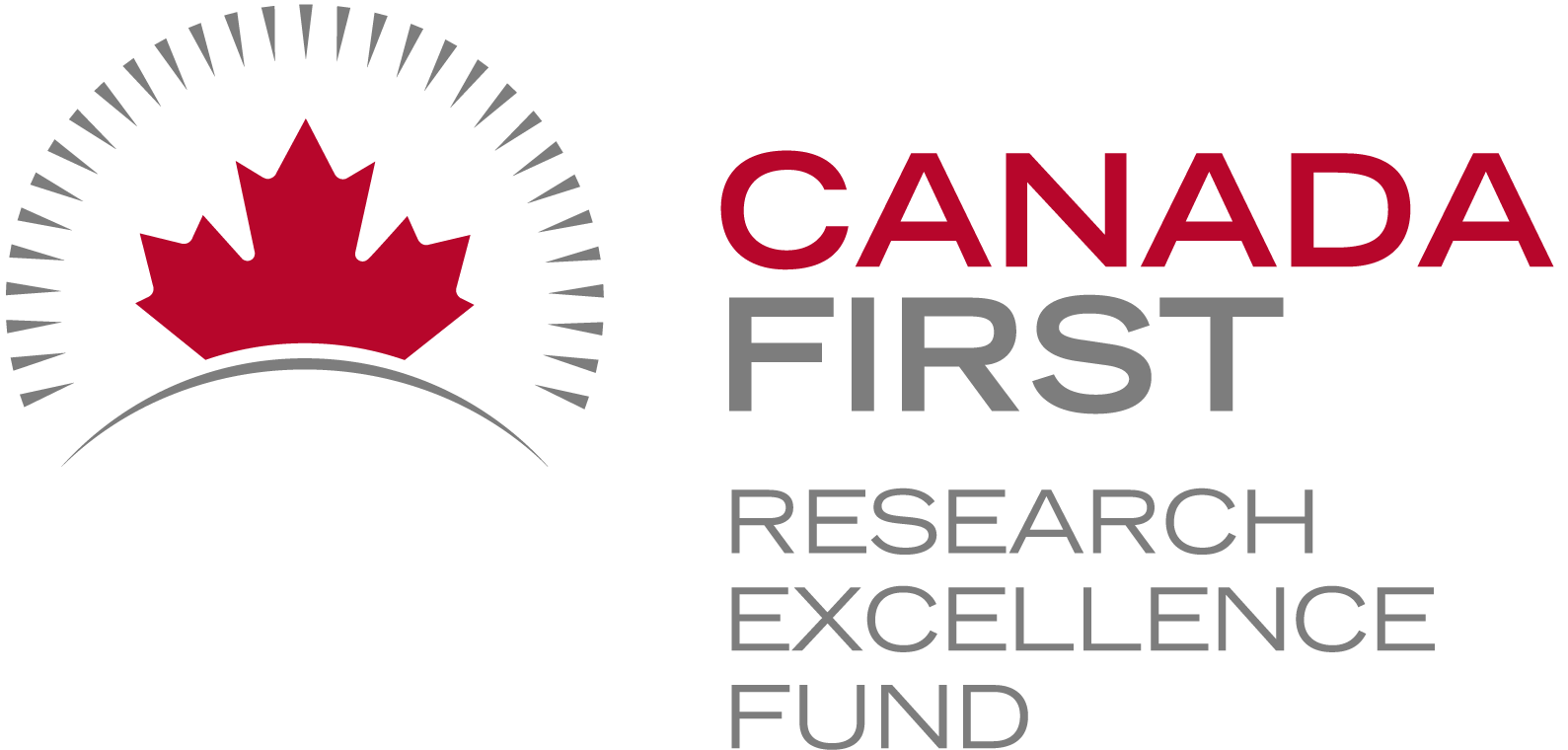Funding for Agri-food Data Canada is provided in part by the Canada First Research Excellence Fund

Well-designed and executed data management plans are paramount to ensure that any research data generated is findable, accessible, interoperable and reusable (FAIR). However, most research data is created solely to answer a research question; therefore, it is not typically in a format that is easily reusable for any future analysis.
To address this problem, Michelle Edwards, director of agri-food data strategy, and Lucas Alcantara, manager of research centre data, University of Guelph, launched a workshop to train researchers about reusability of collected data, including modifications to archived data that make it reusable.
The workshop ran Feb. 21-24 with 46 registrants.
Topics included:
- Metadata creation to ensure new data and their associated dashboards are findable
- Understanding the importance of data reusability and how to grow a FAIR data culture
- Basic R programming skills for data tidying
- Advanced research computing skills needed to develop an R Shiny interactive data explorer dashboard focused on improving data reusability and discovery.
With a funding grant from Compute Ontario, equipment was purchased to host the workshop both online and in person, allowing researchers located across the province to attend. In-person participants gathered for training at the Ontario Dairy Research Centre, which included a tour focused on best practices and challenges of data collection at the centre.
Providing researchers with tools and training opportunities to show them how to make their data reusable will improve accessibility and reusability of research data. Opportunities to participate in hands-on programming workshops and to develop applications alongside subject matter experts fosters confidence to create reusable data for researchers, resulting in better science.
The workshop training materials are available for all to use.



